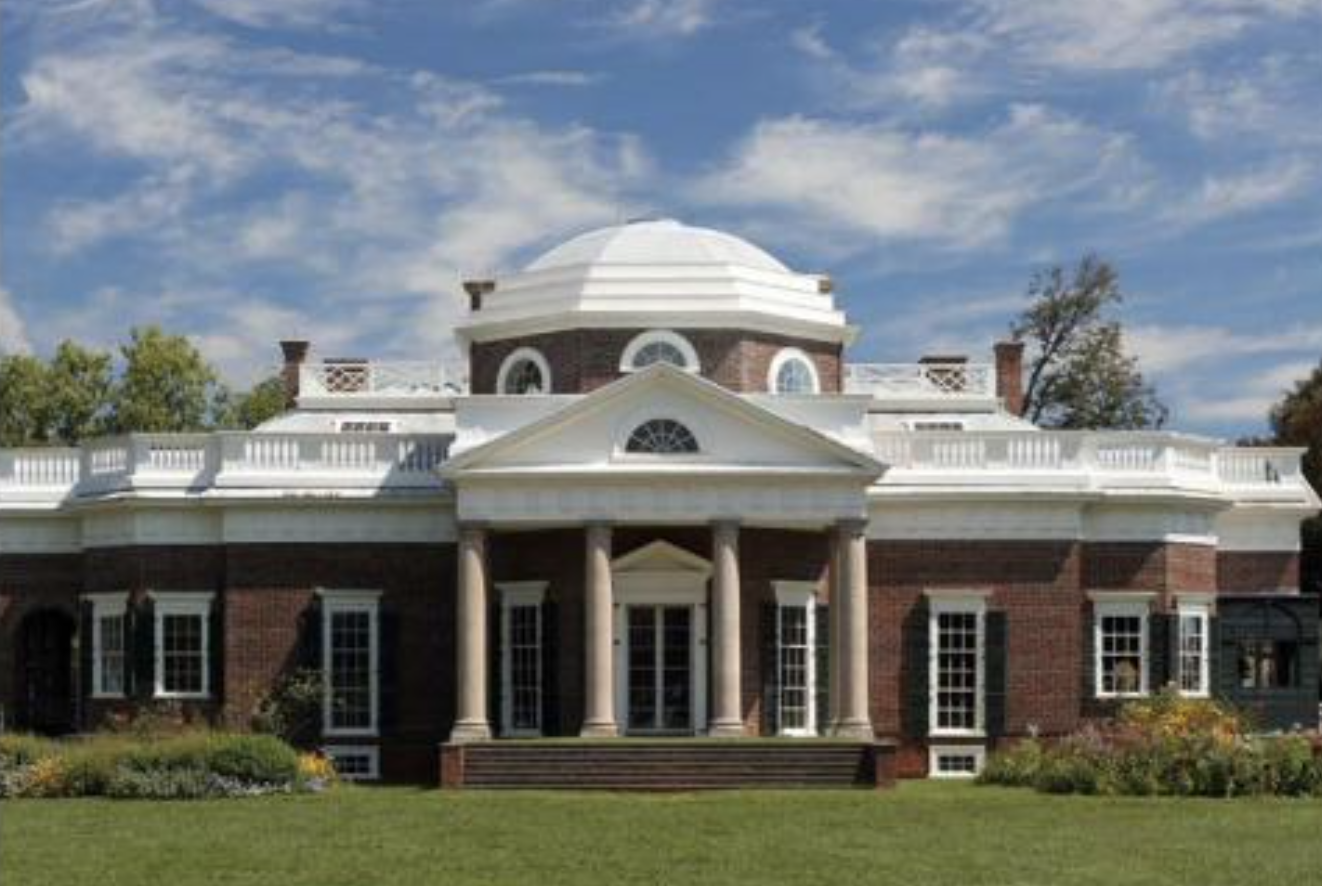The Charlottesville area’s tourism-dependent economy has felt the effects of the pandemic. “From Q4 2019 and Q4 2020, Albemarle County lost 44% employment in the Accommodations and Food Services Sectors,” wrote Eric Terry, president of the Virginia Restaurant, Lodging & Travel Association, in a recent letter to Roger Johnson, the chair of the Charlottesville-Albemarle Convention & Visitors Bureau. Calling the financial and workforce damage “unprecedented,” Terry also noted that hotel occupancies are down 50 percent.
Tourism sector advocates are now upset that both the city and county budgets for the next fiscal year include cuts for the CACVB, a government-funded board tasked with attracting tourists to town.
The proposed CACVB budget from the city for the 2022 fiscal year is $946,848, down $265,843 from this year, and the county budget is $606,281, down $151,135, for a total reduction of $417,000 for FY 2022. The CACVB did receive $120,0000 from the federal CARES pandemic relief act, which went to transition offices from two brick-and-mortar buildings to two mobile visitor centers, one each for county and city.
The CACVB and its supporters say the county stiffed the board by not giving enough lodging tax revenue back to the tourism industry.
The VRLTA points to a state statute that requires any lodging tax in excess of 2 percent be spent solely on tourism. The county charges a 5 percent lodging tax, but has proposed that next year the 3 percent excess be sent to the general fund, to cover the reduced CACVB budget as well as money for cultural community agencies and maintenance costs for the Parks & Recreation Department.
Ann Mallek, a member of the Albemarle County Board of Supervisors who represents the county on the CACVB, says the state allows tourism dollars to go to parks “for something that benefits the tourists who come here for recreational purposes.”
“We are in disagreement with the county about whether that is a way to support tourism,” counters Roy Van Doorn, the president of the Charlottesville VRLTA and a partner at City Select, which produces marketing brochures for the city and for UVA.
Not surprisingly, Van Doorn believes the time is now for a marketing blitz. “At this point, all hotels in Virginia Beach are booked to capacity for the summer,” he says. “Those are people who won’t be spending their time and money here.”
Some have suggested that the city and county use federal and local emergency funds to make up for the CACVB’s shortfall.
“I am hopeful the budget for both fiscal years will be made whole through the localities’ receipt of funds from the American Rescue Plan,” says Courtney Cacatian, the chair of the CACVB, referring to the $1.9 trillion federal relief package.
Charlottesville and Albemarle are set to receive over $30 million in total from the plan. Both the city and the county are currently in the process of determining how those funds will be distributed. The county has a public hearing scheduled for April 28.
Mallek says the board’s request for county and city relief has been received and “we are talking about it.”
As the board fights for funding, some have expressed concerns about its effectiveness as a vehicle for helping the tourism industry.
In the letter to CACVB, Terry and Van Doorn faulted the CACVB’s composition as being out of touch with the industry itself. The board’s 15 members include just one representative from the hospitality industry, the Omni’s marketing director. The CEO of Veritas is the only board member who works in the food and drink industry. The board has several elected politicians, as well as various county and city officials. Terry says it is one of very few convention and visitors bureaus in the state with politicians on the board.
The CACVB styles itself as a resource for local businesses. It produces a visitor’s guide and helps wedding and reunion parties find venues for their events.
City Councilor Heather Hill, one of the city government’s representatives on the board, says that even before VRLTA raised concerns, CACVB was working on board development and focused on industry representation and experience, as well as equity, diversity, and inclusion.
Several business owners contacted by C-VILLE didn’t know much about the CACVB or its marketing. River Hawkins, a co-owner at The Bebedero, was not very familiar with the CACVB except for its Visitors Guide, but says “anything that brings people into my restaurant is great.”
Walter Burton, general manager at The Draftsman hotel, says that CACVB has been helpful in keeping communication lines open during the pandemic and has sent out business surveys to find out how people are doing. “They have done a great job keeping people involved,” Burton says.
Van Doorn, a partner in a local marketing firm, insists the answer is more marketing. He thinks there’s a perception that Charlottesville can coast on its reputation as a beautiful, historic, and relaxing location, but that keeping visitors coming will take proactive effort. “McDonald’s is number one, and it’s because they never stop marketing,” he explains. “We can’t just say we’re good and open the doors. It’s going to take perpetual marketing.”









